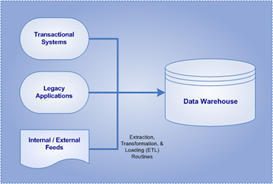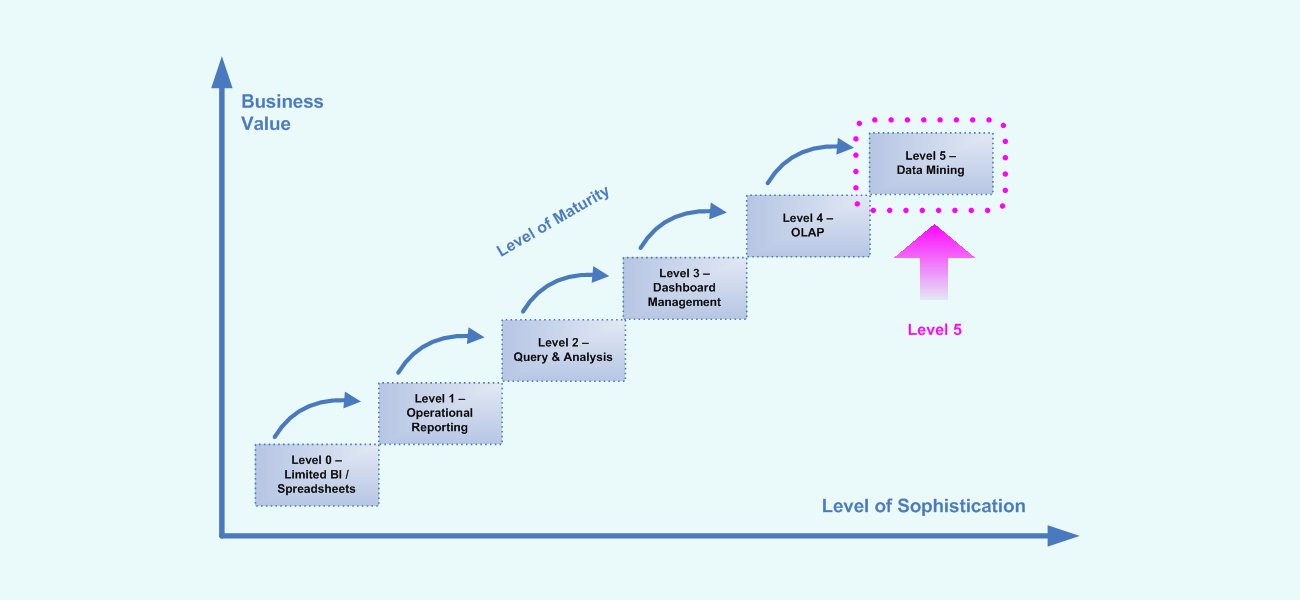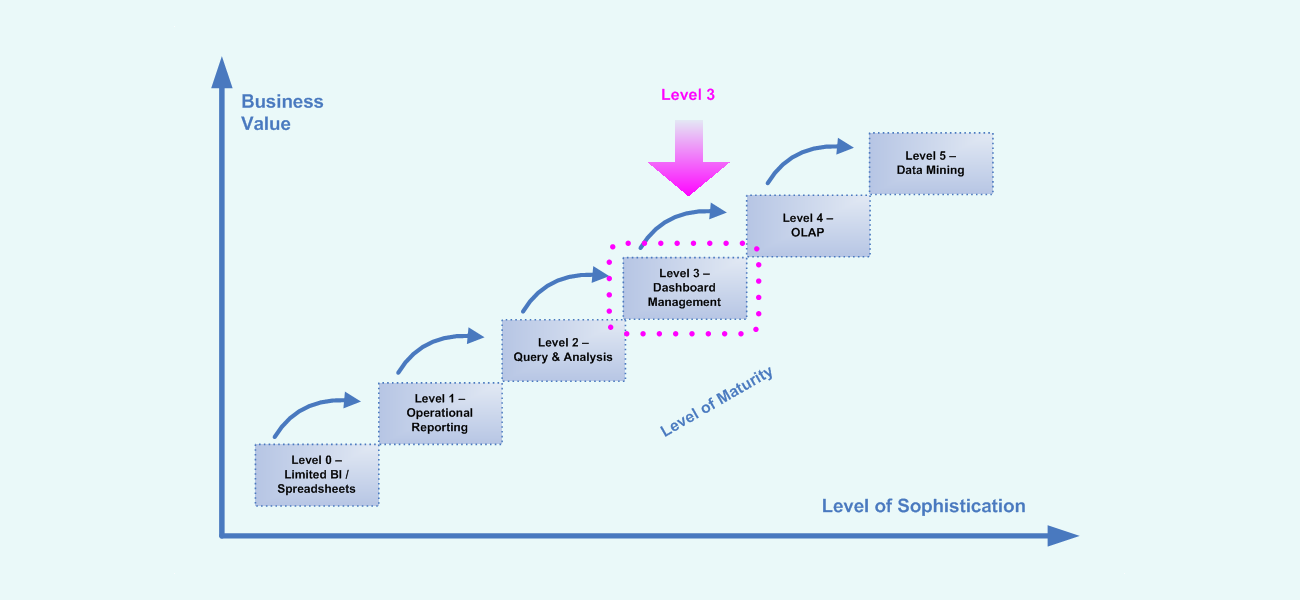Key Benefits of a Data Warehouse
Data Warehouses are centralized data repositories that integrate data from various transactional, legacy, or external systems, applications, and sources. The data warehouse provides an environment separate from the operational systems and is completely designed for decision-support, analytical-reporting, ad-hoc queries, and data mining. This isolation and optimization enables queries to be performed without any impact on the systems that support the business’ primary transactions (i.e transactional and operational systems).

- Fundamentally, a data warehouse helps solve the on-going problem of pulling data out of transactional systems quickly and efficiently and converting that data into actionable information. Additionally, the data warehouse allows for processing of large and complex queries in a highly-efficient manner. Upon successful implementation of a data warehouse or data mart, business will realize numerous improvements and positive gains.
Benefits from a succesful implementation of a data warehouse include:
- • Enhanced Business Intelligence
- • Increased Query and System Performance
- • Business Intelligence from Multiple Source
- • Timely Access to Data
- • Enhanced Data Quality and Consistency
- • Historical Intelligence
- • High Return on Investment





Leave a Reply
Want to join the discussion?Feel free to contribute!